Abstract:
With the increasing use of GLP-1 medications for weight management, the importance of integrating nutrition counseling into treatment plans is paramount. There are complexities involved in supporting individuals on GLP-1 therapies, including addressing potential nutrient deficiencies (e.g., protein, vitamin D, calcium) that may arise due to reduced appetite and altered digestion. Clients need to learn practical strategies for managing the GI side effects like nausea and diarrhea. Also, adequate protein intake is necessary in terms of preserving muscle mass (a key aspect of longevity and long term weight maintenance). Thus, dietary interventions need to be tailored to individusls to maximize the efficacy of GLP-1 therapies and improve overall well-being. By integrating nutrition counseling with pharmacological interventions, we can achieve more sustainable and comprehensive outcomes for individuals seeking weight management and improved health outcomes.



